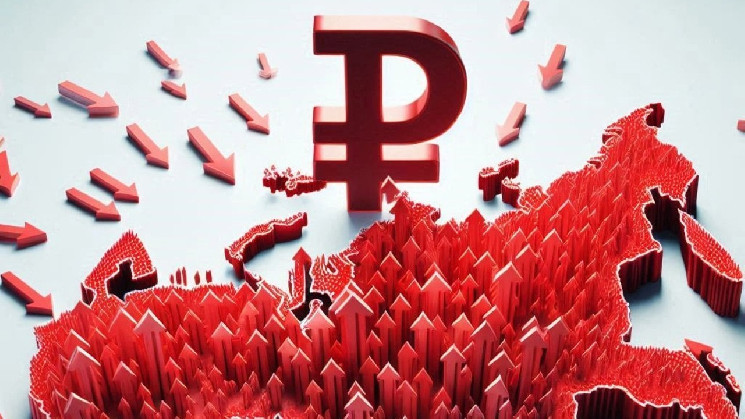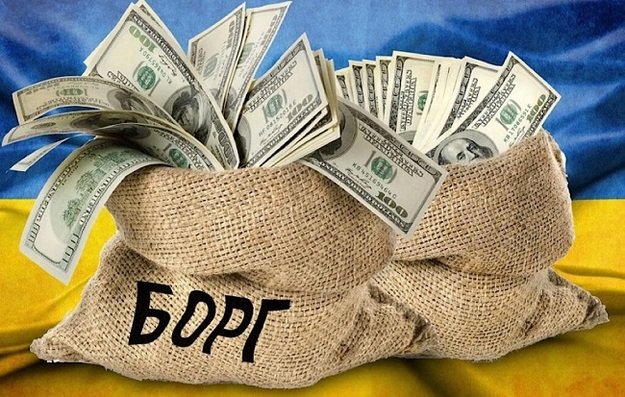Generalized international settlements using the Russian digital ruble will not be available until 2026, according to statements from Anatoly Aksakov, Chairman of the State Duma Committee on the Financial Market. Aksakov stated that in 2025, authorities plan to expand the current pilot stage to implement these transactions within Russia. Subsequently, they will generalize and test their functionality both domestically and abroad.
Digital Ruble Will Expand to Make Cross-Border Payments in 2026
Russian authorities are scrambling to accelerate the development of the Russian central bank digital currency (CBDC), the digital ruble, to reach operational status. Anatoly Aksakov, Chairman of the State Duma Committee on the Financial Market, gave his take on the evolution of the digital ruble pilot and estimated a timeline for its adoption regarding cross-border payments.
In an interview with TASS, the officiant Russian news agency, Aksakov stated:
I think it will take a couple of years. First, we need to establish mutual settlements in the country. The experiment will now be expanded.
Furthermore, Aksakov declared he believes 2025 will be the year to prepare and implement the usage of this digital currency inside Russia for making payments. Also, he stated that 2026 would mark the year of the gradual generalization of the usage of the digital ruble in the country, albeit in a gradual way, to minimize the risks of introducing a new company to the Russians’ lives.
Aksakov’s remarks come on the heels of President Putin’s digital assets-friendly speech, where he called for creating the right conditions for the circulation of digital assets inside the country and with other economies. Putin also called for “broader, full-scale implementation of the digital ruble” in the Russian economy.
Regulation of cryptocurrency mining and other digital assets issues has been in the works since 2022, but the State Duma has not been able to pass it yet. While it has encountered several roadblocks due to its content, regulation is expected to be approved in August, paving the way for the regularization of digital payments and cryptocurrency mining activities in the country.













